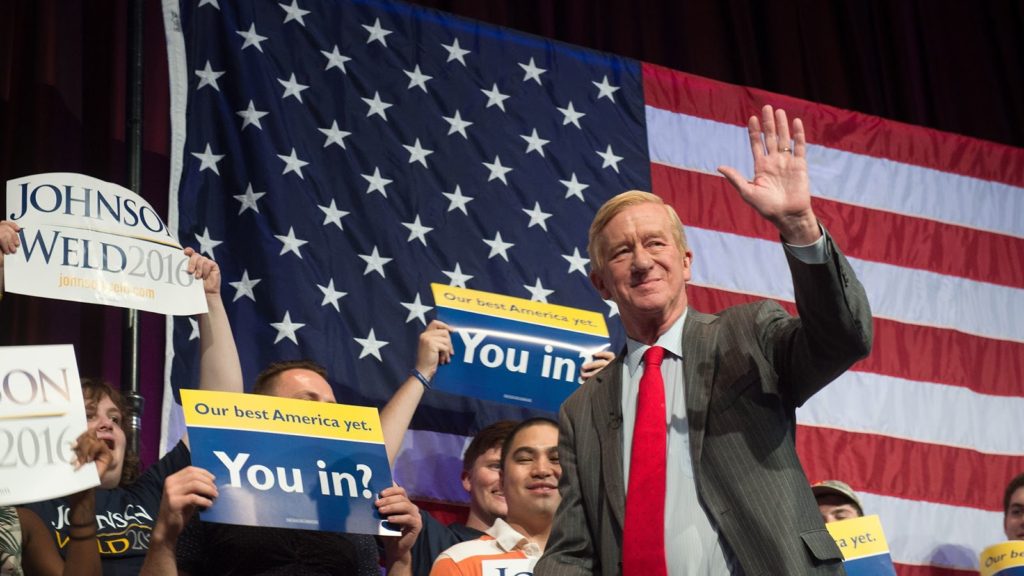
As the impeachment process drags on, many are looking with increasing anxiety towards the outcome of the investigations into the actions of President Donald Trump. Currently, a majority of the House–227 Democrats and 1 Independent– supports the impeachment inquiry. While none of the 197 Republican representatives outright supports the inquiry it should be noted that some are concerned with regard to the latest scandal with the Ukrainian government, saying that the whistleblower should at least be heard and that the Administration shouldn’t hinder the investigation.
In any case, the current pressures that the administration faces are a part of an ongoing saga of investigative suspicion, far from the first major scandal President Trump’s White House has been through. It is obvious that the Democrats will capitalize and continue to support the inquiry, but what remains to be seen is the strength of the loyalty Republicans around the country have for the president.
This question of how fortified Trump’s hold over the conservative voter in this country may seem to many as a silly question. Although polls regularly have Trump’s approval rating as coming in the low forties, with the smallest separation between the highest ratings and the lowest ratings of any president, the president remains incredibly strong amongst Republicans, with approval ratings consistently coming in the high 80s and low 90s. What is interesting, and perhaps worrying to the Trump Administration, is the solid support for another GOP contender. According to a poll by the Pew Research Center from last May, about four in ten Republicans and right-leaning voters surveyed would like to see someone challenge the sitting president in the GOP primaries. In a similar poll done by Business Insider, 42% of conservative participants said they would listen and possibly support a challenger. Therefore, one cannot write off the prospect of Donald Trump losing to someone within his own party before he even gets to face off with the Democratic contenders next year; Bill Weld, the 2016 Vice Presidential nominee for the Libertarian Party, is attempting to do just that.
In a party where leaders boast about their similarities to Trump’s ideology and rhetoric, Bill Weld has never taken part in this trend. Hailing from Smithtown, New York, the former governor of Massachusetts sports an impressive resume including winning one of the most lopsided gubernatorial elections in modern history and snagging an ambassadorship nomination by a Democratic president. Weld has consistently referred to himself as fiscally conservative and socially liberal, a philosophy that might be becoming more popular among younger Republicans. His political leaning is the main reason why more conservative voters should support Weld, and to defect from Donald Trump.
I find it rather unhelpful to say that one should vote for a primary contender on the basis that Trump is unpresidential, racist, sexist, or any other of the hundreds of labels that he warrants. At the end of the day, ousting an incumbent in the primary elections is phenomenally hard, never being done in modern times. Moreover, in all attempted cases in American political history, the challengers came from the more radical fringes of the party, an assuredly easier task to accomplish than Weld’s attempt to unseat the president from the center. Why, then, should any conservative, even if they disapprove of the president, consider unseating someone who was already known to be a problematic individual in the first place if they did not mind in 2016? The answer lies in the GOP’s need to adapt, change, and support the same values that Americans, and more specifically Republicans, are coming to support.
Bill Weld supports many of the same policy positions that mainstream America and an increasingly important portion of the Republicans around the country. One of the most divisive topics in politics today is climate change. Although the stereotypical supporter of greener policies is left-leaning, according to a poll done by Glocalites, the number of Republican voters aged 18-34 that are worried about climate change has increased to 67%. Weld is a known supporter of greener policies. In a speech in New Hampshire in February of 2019, Weld said: “Whether as protection of a fragile ecosystem or as stewardship of God’s creation, there is a pressing need to act on climate change. The United States must rejoin the Paris climate accords”.
Another example is the growing support for the LGBTQ+ community. In a 2018 survey taken by the Public Religion Research Institute, 63% of Republicans ages 18-29 support non-discrimination protections for LGBTQ+ individuals, a stark contrast with the party’s older ranks. Echoing this sentiment, Weld has long supported rights for LGBTQ+ individuals as far back as 1992, when he signed an executive order to recognize domestic partnership rights among same-sex couples.
The list of the more progressive, more readily accepted views that Weld has on social matters goes on and on. That’s not to say that Weld is a liberal-he’s definitely a fiscal conservative. During his time as governor of Massachusetts, he cut taxes 21 times and reduced the state’s payroll, while the state legislature was majority Democrat. Weld stands as a conservative counterpart to the current administration, an administration that has not only increased the size of governmental bureaucracy with agencies like ICE, but has also added to the national deficit by more than a trillion USD.
To support the Republican Party is to support change on the issues that statistics say should unite us but continue to divide our representatives. It is time we put to bed the issues that the majority of America agrees upon, and as Weld did with the Democratic legislature in Massachusetts, look to the opposite side of the aisle not as an enemy, but as Americans who are willing to form a coalition of success. Weld is emblematic of the change that conservatives around the country are coming to know, and as America continues to liberalize on social matters, the GOP must adapt. Weld is their opportunity.
René Castellanos



